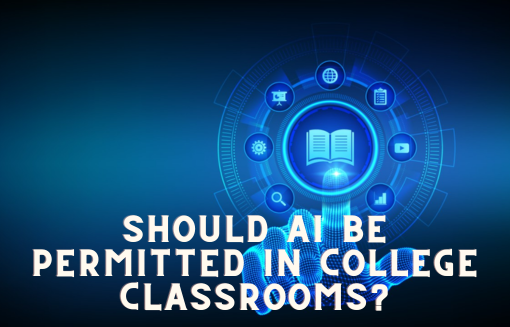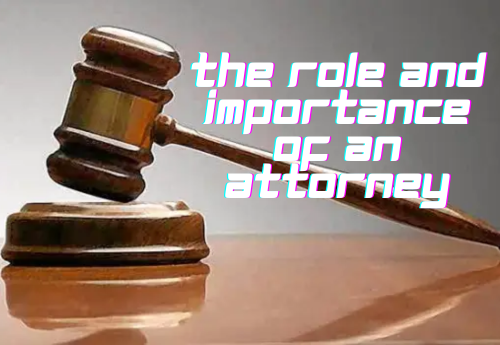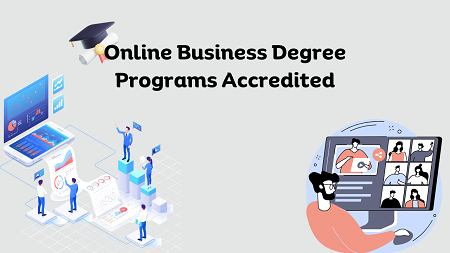As the integration of technology continues to transform education, the question of whether artificial intelligence (AI) should be allowed in college classrooms sparks intense debate among university faculty. In this comprehensive discussion, we explore the perspectives of four scholars who weigh in on the use of AI as a learning tool. Its potential impact on students’ educational experiences and also Should AI be permitted in college classrooms?
Nicholas Tampio, Professor of Political Science:
Nicholas Tampio, a professor of political science, underscores the fundamental purpose of a college class: teaching students to think critically and independently. He argues that AI, such as ChatGPT, can inadvertently hinder this process by enabling students to produce papers without genuine intellectual engagement.
The Importance of Critical Thinking
Tampio emphasizes that the essence of learning involves reading, questioning, and formulating original ideas. Using AI to generate assignments can undermine the development of crucial skills necessary for students’ future careers.
Real-World Application
Tampio asserts that employers value employees who can research and write thoughtfully, a skill that cannot be replaced by AI-generated content.
Patricia A. Young, Professor of Education:
Patricia A. Young, a professor of education, highlights the growing concern of AI-assisted plagiarism, where students use AI tools like ChatGPT to complete assignments without genuine effort.
Entitlement Mentality
Young addresses the issue of students adopting an entitlement mentality, relying on AI for coursework, and potentially compromising their critical thinking abilities.
Academic Integrity
She questions whether citing AI as a source can truly uphold academic integrity and raises concerns about the potential misuse of AI tools.
Shital Thekdi, Associate Professor of Analytics & Operations:
Shital Thekdi, an associate professor of analytics & operations, introduces the idea that students should consider their value beyond AI tools.
The Value Beyond AI
Thekdi challenges students to reflect on their unique contributions, such as ethical reasoning and the ability to form human connections, which AI cannot replicate.
Preparing for the Future
As AI continues to evolve, Thekdi believes it is essential to prepare students for a changing landscape where their distinct qualities and skills will remain vital.
Teaching With AI: An Innovative Approach
In response to the AI debate, educators like Shital Thekdi have begun adapting their teaching methods to incorporate AI into coursework.
Guiding Students
Thekdi provides guidance to students on the appropriate use of AI tools for various assignments, promoting a balanced approach.
Institutional Support
Auburn University’s initiative, “Teaching With AI,” demonstrates how institutions can support faculty in integrating AI into their teaching methods.
Conclusion:
The debate over AI’s role in college classrooms is multifaceted, with scholars offering diverse perspectives. While AI can be a valuable tool when used thoughtfully. It also raises concerns about academic integrity and the development of essential skills. Educators and institutions must strike a balance that prepares students for an AI-infused world. While preserving the core values of education.
FAQs:
- Is AI use in classrooms a form of cheating?
AI use in classrooms can be consider cheating if it involves plagiarism or prevents students from developing critical thinking skills. It depends on how AI is used and whether it aligns with the educational goals of the course.
- Can AI tools enhance the learning experience?
AI tools have the potential to enhance the learning experience when used judiciously. They can assist with tasks like data analysis and research, but they should not replace students’ intellectual engagement.
- How can educators prepare students for an AI-driven future?
Educators can prepare students for an AI-driven future by emphasizing skills that AI cannot replicate. Like critical thinking, ethical reasoning, and effective communication. Integrating AI into coursework can also be part of this preparation.







